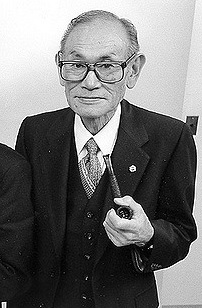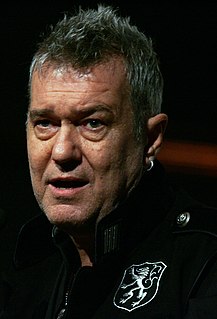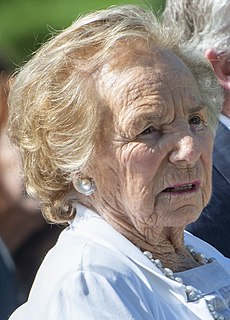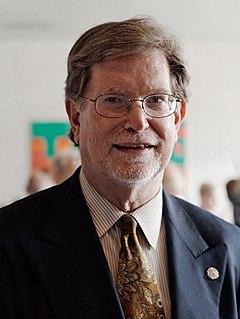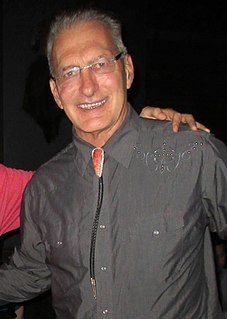A Quote by Timothy West
There were loads of plays which were very popular before and after the war, where everybody wore a dinner jacket in the third act and it was in a house that you wished you'd owned with people that you wish you knew. It was life seen through a very privileged way.
Related Quotes
He didn't call his father and mother 'Father' and 'Mother' but Harold and Alberta. They were very up to date and advanced people. They were vegetarians, non-smokers and teetotalers, and wore a special kind of underclothes. In their house there was very little furniture and very few clothes on the beds and the windows were always open.
Before the war, my parents were very proud people. They'd always talk about Japan and also about the samurai and things like that. Right after Pearl Harbor, they were just real quiet. They kept to themselves; they were afraid to talk about what could happen. I assume they knew that nothing good would come out of it.
New teachers were just a part of life, for a few days after one arrived, squawks of interest were emitted from various corners, but then they died away as the teacher was absorbed like everyone else...before you knew it, the fresh ones seemed to have been teaching there forever too, or else they didn't last very long, and were gone before you'd gotten to know them.
First I went to a Jewish school, when I was very little. But when I was 12, they put me in a school with a lot of traditions, and they were educated people and they were talking about Greece and the Parthenon and I don't know what. All the kids, all the girls they had already seen that and knew that from their family, and I would say, "What are you talking about, what's that?" It's not my world. My grandparents were very well-educated people, but in the Jewish tradition. They knew everything about the Bible.
People were consuming on average less calories after the war than during the war. Things were still very tough. If you look at the film footage of London streets, even in areas which weren't slums, there are kids in the streets who are dirty and have no shoes on. It was rough. There was a real edge.
The life before '68 was very different from the life after '68. Before '68, our days were full of authoritarian moments. There were authorities everywhere. In fact, the movement of '68 was young people against their authorities, children against their parents. And that remained. The most important thing of all, the thing that lasted, was the first feminist movement and the position of women in society. That completely changed and that was very, very important.





